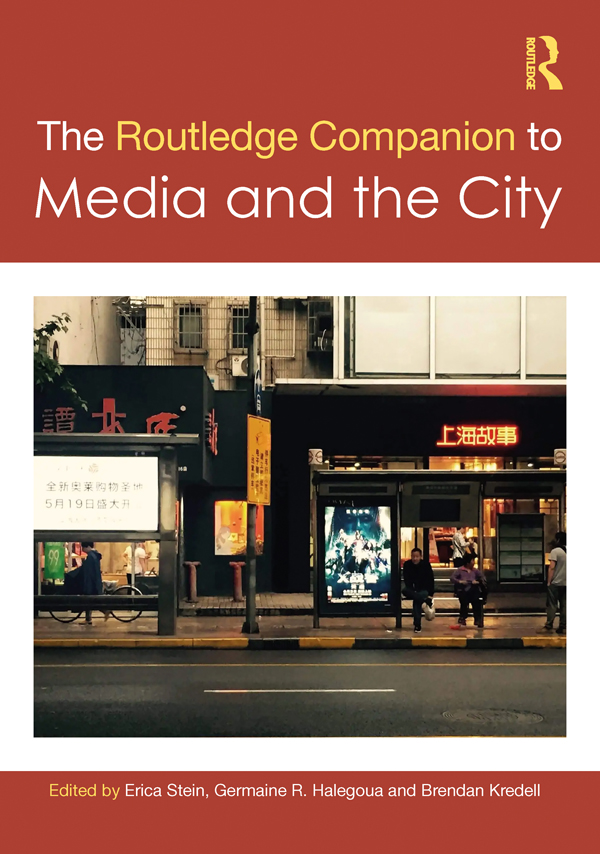A large body of strategy and international business literature has examined the relationship between internationalization (regional diversification) and firm perfo- ance over the last decades. In essence, the current state of research on the internati- alization-performance relationship must be characterized, however, as being hetero- neous and inconclusive. From a conceptual point of view, increasing levels of inter- tionalization should have positive effects on firm performance due to economies of scale, market power effects, and risk reduction effects, to name but a few. At the same time, firms that expand internationally have to cope with substantial negative effects which are primarily associated with liabilities of foreignness. As a consequence, extensive empirical studies on the internationalization-performance relationship are somewhat mixed and contradictory. Against this background, Mario Krist highlights three central research objectives: First, he establishes if and why there should be a relationship between internationalization and firm performance. Second, he elaborates which intangible resources act as major success factors in the relationship between internationalization and performance and why this occurs. Third, he explores how these intangible resources act within the internationalization process concerning their ultimate impact on firm performance and how characteristics of the internationali- tion process itself have an impact on the focal relationship. Mario Krist chooses a topic which is of high practical relevance since inter- tionalization is at the core of corporate and business strategy. His research objectives are well developed based on a sound description of the current research status.












